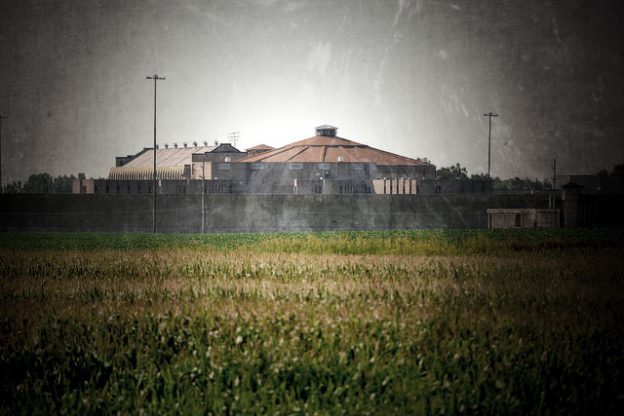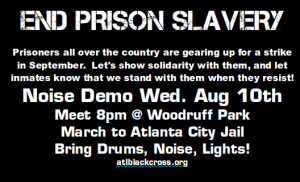From CBS News
Prisons can’t run without inmates, in more ways than one. Prisoners wash floors, work in the laundries and kitchens, and provide a large amount of the labor that keeps their facilities running. In return, they earn pennies per hour or even no pay at all.
That’s sparking what may be the largest prison strike yet as inmates across the country plan to stop working on Friday. The strikers are calling for an end to forced labor and what they call “prison slavery.”
It’s no coincidence that they picked Sept. 9 as the strike date: It’s the 45th anniversary of the Attica riot, when prisoners at the Attica Correctional Facility in New York rioted for better conditions.
The strike comes amid increased interest from lawmakers and the public in prison reform, as well as several nonviolent prison protests designed to draw attention to labor conditions, such as a 2014 work stoppage in Alabama prisons. The organizers frame the issue as slave labor because the 13th Amendment, which outlawed slavery in 1865, includes one exception: for people who are “duly convicted” of a crime.
“That’s why none of these protections, such as worker protections, apply to prisoners,” said Alex Friedmann, the managing editor of Prison Legal News and the associate director of the Human Rights Defense Center. “So under the 13th Amendment, they’re basically worked as slaves, and if they don’t work, they’re punished.” Continue reading


